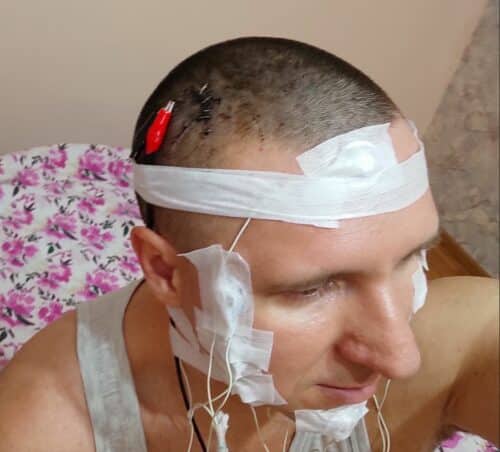The researchers from REMspace have tested a brain implant that stimulates the sleeping person’s cerebral cortex, impacting their dream world and offering the potential for controlling dream plots.

Since the 1950s, scientists have been dedicated to exploring methods of dream control due to the fact that people spend approximately one-third of their lives asleep. Previous attempts in this field have involved introducing stimuli such as sounds, smells, and other sensations to individuals while sleeping. However, these approaches have proven to be relatively ineffective, with low efficiency in influencing the content and progression of dreams.
Researchers from REMspace have conducted an experiment where they placed electrodes on the specific region of the brain’s motor cortex that controls finger extensions in the left hand. During dreams, they applied a mild electric current, resulting in objects being dropped from the hand. Interestingly, even strong stimulation of the cerebral cortex during sleep did not result in waking up from the dream state.
The researchers conducted an experiment involving the electrical stimulation of the cerebral cortex during dream states. They accomplished this by surgically implanting electrodes into the body of one of the researchers, who served as the human subject for the experiment. The subject had been trained in inducing lucid dreams, which enabled the researchers to observe how electrical stimulation of the fingers affected the dream experience. Importantly, it was discovered that such stimulation did not result in awakening from the dream state.
The experiment provided valuable insights into the potential of dream control by stimulating the cerebral cortex. This method has shown promise in eliciting various sensations, movements, and emotions within dreams. Moreover, these signals can serve as indicators for the occurrence of lucid dreams.
To develop these technologies further, the researchers have been actively seeking investors. Previous viral studies conducted by the team have also demonstrated successful speech decoding from sleep and highlighted the possibility of spontaneous lucid dreams leading to intriguing experiences such as “alien contacts.”






